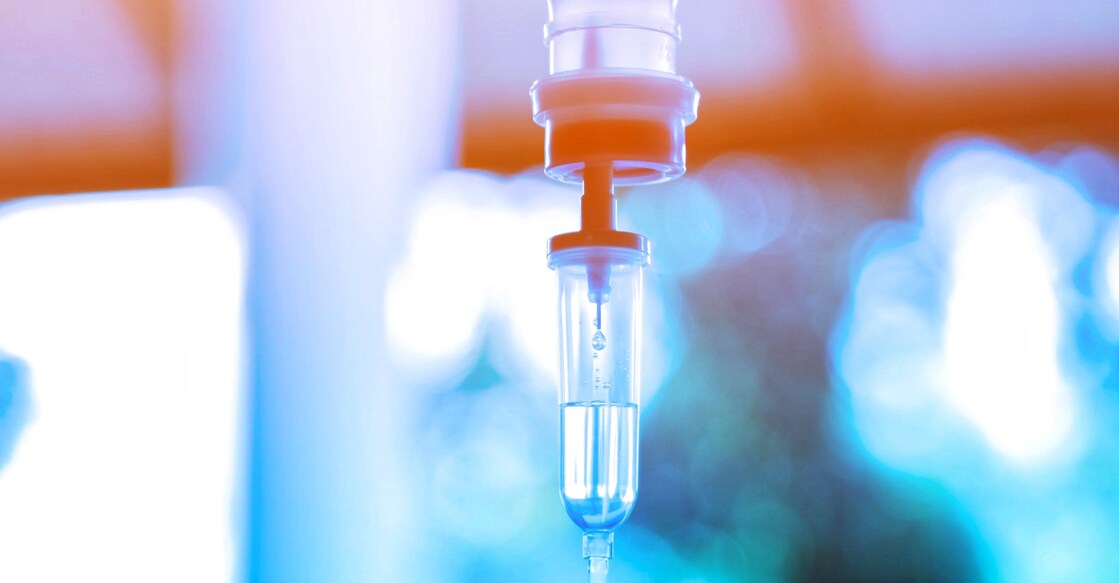Chemotherapy in childhood poses risks of breast cancer later in life

Mail This Article
London: Women who have been treated for cancer as a child with a certain type of chemotherapy have an increased risk of breast cancer, according to a large-scale international study of survivors of childhood cancer.
Three out of four children with cancer are successfully treated and survive the disease.
But the treatment, which often consists of a combination of surgery, chemotherapy and radiation, can cause serious side effects and late effects in some survivors. One of those late effects is developing a second cancer in adulthood, said scientists from the Princess Maxima Center for paediatric oncology in Utrecht, The Netherlands.
“We work hard to make treatment for children with cancer more effective, and to improve the quality of life during and after treatment. In our research we saw that the majority of survivors fortunately do not get breast cancer at a young age. But a number of patient groups have a higher risk of developing breast cancer,” said Prof Dr Leontien Kremer, research group leader at the centre.
In the study, published in the journal Nature Medicine, they pointed to the need for earlier breast cancer screening in women who have previously been treated with chemotherapy and radiation for childhood cancer.
The team investigated the risk of breast cancer in women who were treated for childhood cancer with so-called anthracycline chemotherapy, including doxorubicin. They looked at the medical records of nearly 18,000 childhood cancer survivors treated between 1946 and 2012 in the Netherlands, France, the US and Switzerland.
The findings showed that 782 of all 17,903 survivors in the study were later diagnosed with breast cancer. The scientists analysed which forms of treatment were linked to the later occurrence of breast cancer.
Women treated with high-dose doxorubicin, without radiation to the chest, had an almost six-fold greater risk of breast cancer before the age of 40 (3.4 per cent) than women in the general population (0.6 per cent).
The small group of women who had both radiation to the chest and a high dose of the chemotherapy doxorubicin as a child had the highest risk of later breast cancer. In that group, the estimated risk of breast cancer before the age of 40 was 8.1 per cent.
“Anthracyclines are still an important part of the treatment for more than half of children with cancer. The dose that is now prescribed is on average much lower than in the past, but there are still children who need a high dose of these drugs in their treatment,” said Yuehan Wang, from the Princess Maxima Center.
“We have known for some time that anthracyclines can be harmful to the heart, so the importance of keeping the dose of this type of chemotherapy low was already clear. Developing a second cancer is a rare but serious late effect of childhood cancer treatment. Our results underline the need to reduce the dose of doxorubicin in children whenever possible,” Wang added.
“Women who received chest radiotherapy as a child are screened for breast cancer from the age of 25, because it was already known that they are at an increased risk. Based on these new results, we aim to expand international guidelines for breast cancer screening, so that women who received a high dose of doxorubicin are also screened early,”Kremer said.

